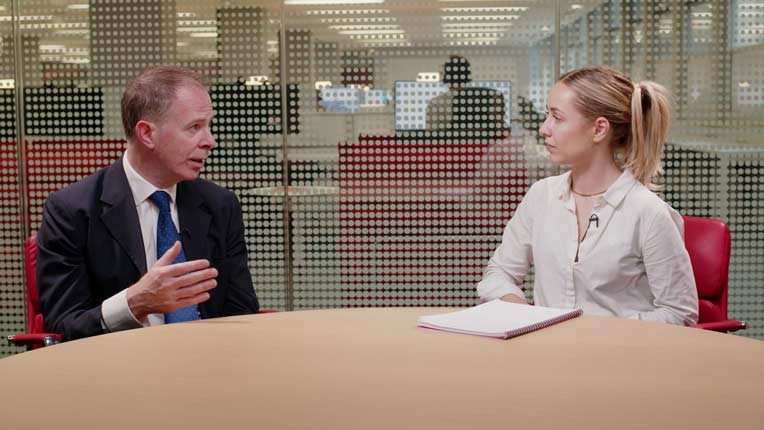This article is part of Morningstar's Guide to Investing for Income
Millions of people are now entitled to free impartial advice on retiring, George Osborne has today confirmed. After announcing the plans for pension freedom in March’s Budget, the Chancellor has today given details of how workers will be eligible for financial advice on retiring.
In the Budget Osborne said that savers should be trusted with their own hard earned cash, and said that “no one will have to buy an annuity” from April 2015. In total 18 million people will be able to benefit from the changes to pension system should they wish to. But this financial freedom raised concerns about how many pensioners will make their pot last the ever increasing retirement period. Couples aged 65 today have a 45% probability that at least one of them lives to 90. This means you will have to make your pension pot last up to 25 years – which for many people is the same amount of time they have spent building up reserves.

“The Treasury has very sensibly opted for a demonstrably impartial solution, looking to the likes of the Money Advice Service and The Pensions Advisory Service rather than pension providers to deliver the guidance,” said retirement savings specialist Tom McPhail of Hargreaves Lansdown.
“However, will these utility services have sufficient capacity to deliver the guidance to the hundreds of thousands who will ask for it?”
Maximise Your Pot Now for Later Benefit
Nine out of 10 workplace pension schemes funds currently follow a lifestyle investment strategy towards a predetermined retirement date; a system, which in less than a year’s time will be completely unsuitable. This involves younger pension savers being invested in higher risk high-growth assets such as emerging market equities, and then as the scheme member approaches retirement they are switched into lower risk low-growth assets such as gilts and cash.
While it is proven over time that buying regular units in a fluctuating volatile – but overall upwardly moving market produces great long term returns, pension savers should not ignore the power compound interest has on total returns. Capital gains have accounted for the growth of $1 invested in US equities at the beginning of 1900 to $215 at the end of 2011. However, the additional effect of income and its reinvestment has turned that original investment of $1 into £21,978. Accordingly, dividends and their reinvestment accounted for 99% of US equity returns over the period.
When choosing investments for your Sipp or workplace pension as well as considering which region you have high conviction in to deliver long term growth, mix in some high yielding investments as well. As you cannot be paid out the income for investments held within a pension, accumulating assets is a very effective way to build up your pension pot.
Earlier this month Darius McDermott of Chelsea Financial Services chose three investment ideas for a Junior ISA portfolio – which comply to the same principle of long term investing benefitting from accumulated units.
“Just because a fund pays an income, it doesn't mean you actually have to physically take it,” he said. “You would reinvest that income and what it does is it physically buys more units in the same fund or increases the unit price by the same amount of that distribution.”




























